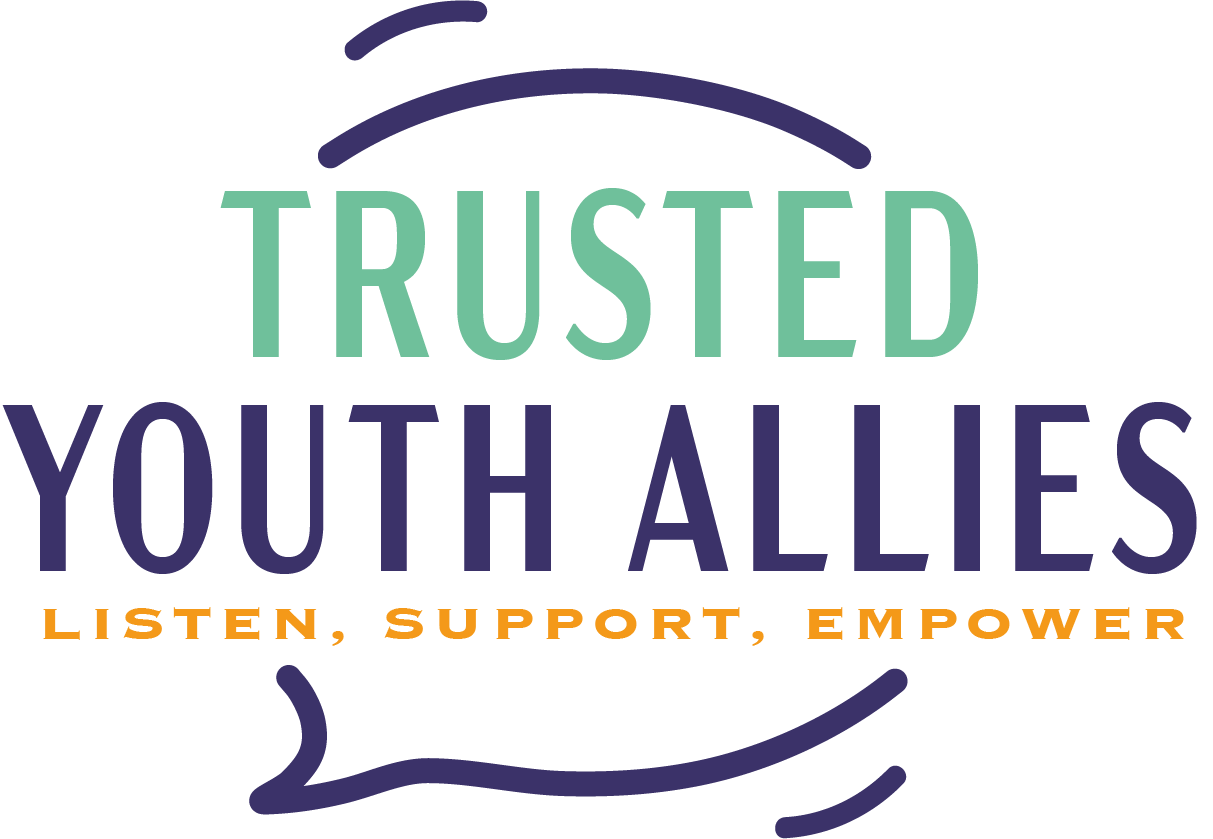Blog and Resources
Browse our range of articles and resources for adults and young people below
View all resources
[DOWNLOAD] Creating a personalised safety plan
Stay safe, stay prepared A safety plan for young people offers structured support during mental health crises, self-harm, or suicidal thoughts. It provides personalised strategies to manage distress, prioritise safety, and connect with support resources. If you are...
Managing Bullying for Young People: A Trusted Resource
Understanding Bullying: Bullying takes various forms, such as verbal abuse, physical harm, or online harassment. It can target your identity, beliefs, or appearance, leaving emotional scars. Recognising different types of bullying, including cyberbullying and...
Understanding the Impact of Crime Victimisation
Being a victim of crime can have a profound impact on your life, affecting your emotions, relationships, and sense of safety. Understanding these effects can help you navigate your experiences and seek support when needed. This resource provides insights into the...
Moving Forward After Traumatic Experiences
Recovering from traumatic experiences can be challenging, but it's possible to heal and move forward with resilience and strength. This guide offers practical advice and strategies to help young people navigate their journey of recovery and rebuild their lives after...
[DOWNLOAD] Tips for Maintaining Boundaries
Create a safe and respectful environment for your work with young people We all know that maintaining boundaries is crucial in our line of work, whether we're supporting young people or collaborating with colleagues. This resource dives deep into the importance of...
8 Easy Grounding Techniques to Manage Your Anxiety
Feeling overwhelmed? Anxiety can make you feel like you're spiralling out of control. But there's a way to find calm within the chaos with grounding techniques. Try these out if you’re feeling overwhelmed. 1. Connect with the ground Try to consciously feel the firm...
4 Breathing Exercises that Feel Amazing
We don't often realise it, but our breathing, when in auto-pilot mode, can be quite shallow. Shallow breathing is often associated to stress. In the contrary, slow and deep breathing is associated to relaxation. Look at someone sleeping for example, they are very...

![[DOWNLOAD] Creating a personalised safety plan](https://trustedyouthallies.co.uk/wp-content/uploads/2024/04/resources-1-400x250.png)
![[DOWNLOAD] Tips for Maintaining Boundaries](https://trustedyouthallies.co.uk/wp-content/uploads/2024/04/resources-6-400x250.png)

